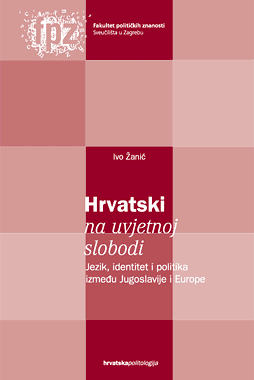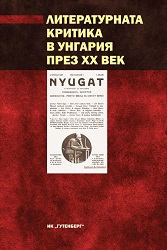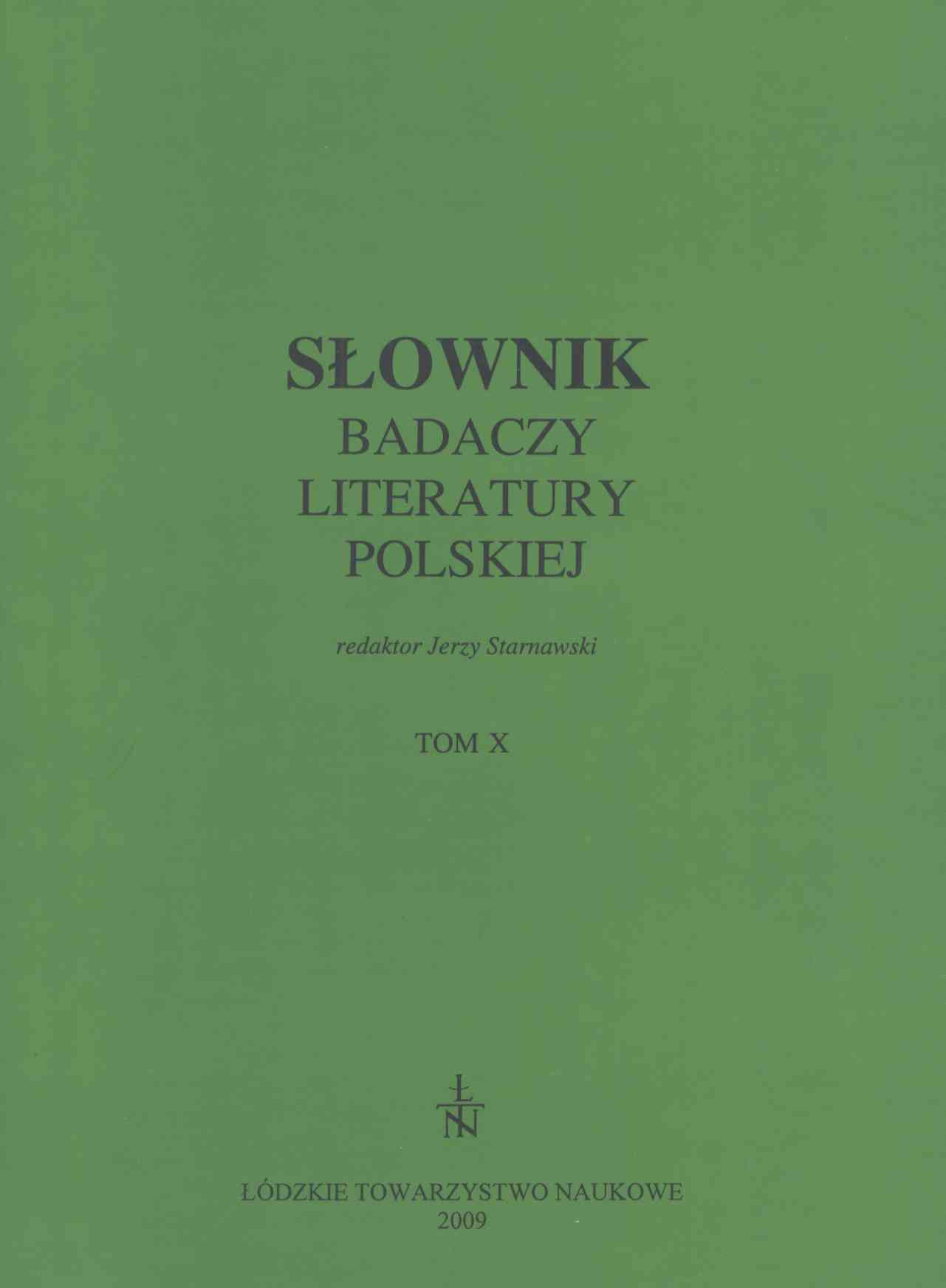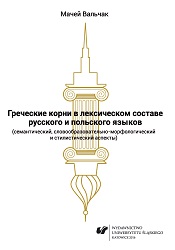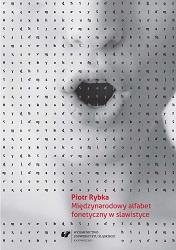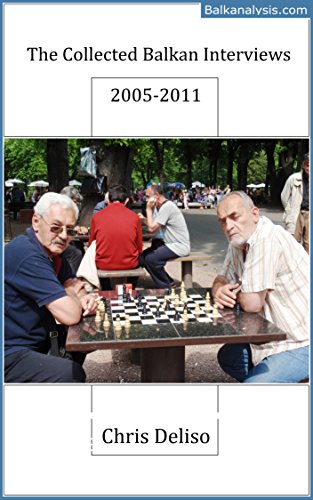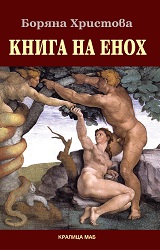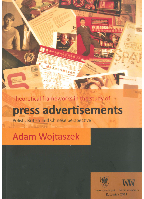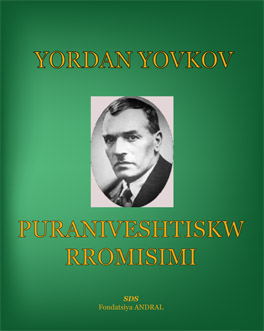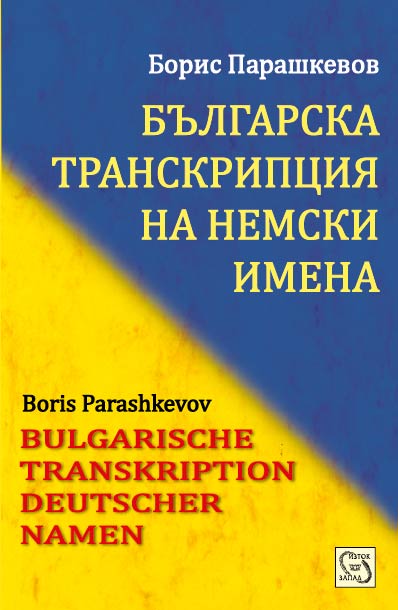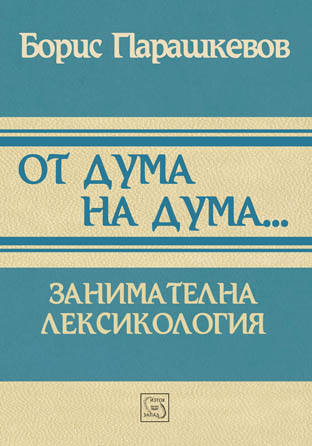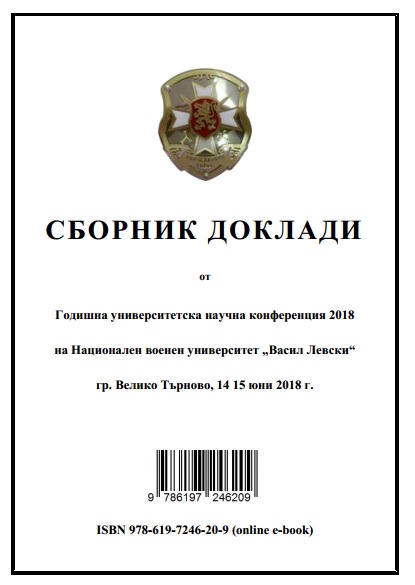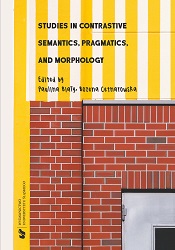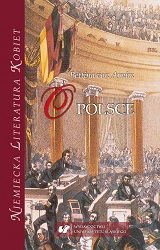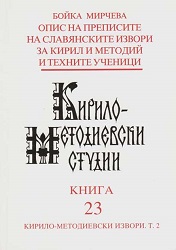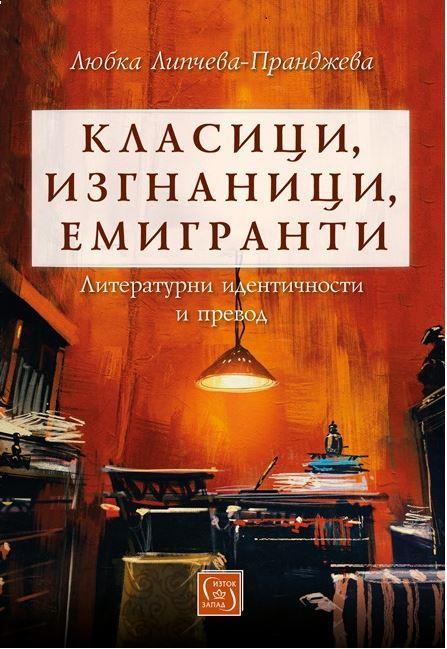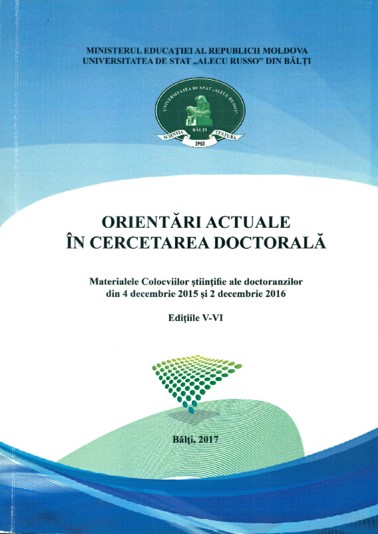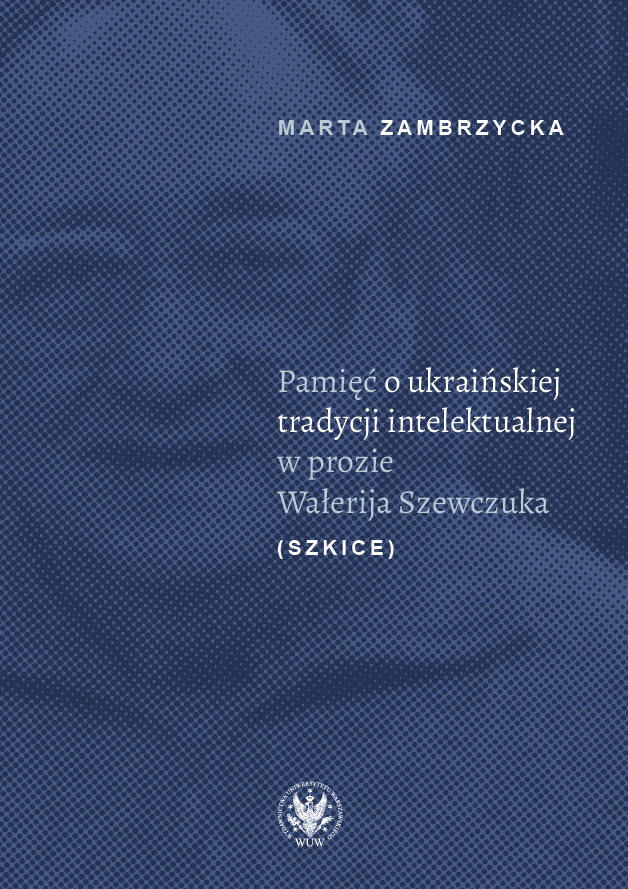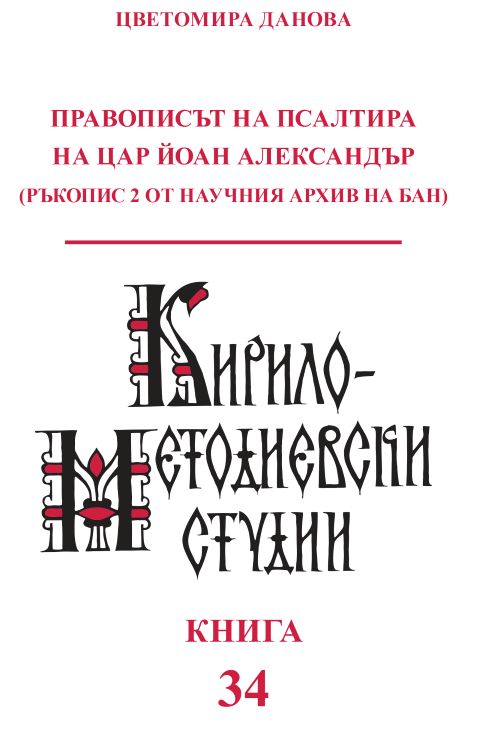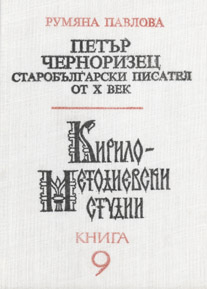
Петър Черноризец. Старобългарски писател от Х век (= Кирило-Методиевски студии. Кн. 9)
The present monograph is the first book about the Old-Bulgarian writer Peter Chernorizets in the form of a complex cultural-historical, archaeographic, textological and linguistic study. The book consists of an introduction and two parts. The first part offers an answer to two problems: (1) whether the words associated with the name of Peter Chernorizets are ancient; (2) whether they passed from the Old-Bulgarian literature to other literatures (e. g. Serbian and notably Russian). Chapter One of the first part is entitled: “Origin, Authorship and Dating of the Wosks”. A survey is made here of all opinions on the origin of the sermons and their author. It can be seen from this survey that a considerable number of outstanding scholars define the sermons as Slavonic and ancient. The hypothesis that Peter Chernorizets may have been Tsar Peter is subjected to detailed consideration. The analyses and the generalizations presented in Chapter One lead to the conclusion that the works written by the Old-Bulgarian writer Peter appeared not much later then the works created by Symeon's circle of Old-Bulgarian writers. They reflect almost the same social atmosphere and are connected with the slightly later Old-Bulgarian writer Presbyter Cosma. In Chapter Two “Propagation of the Works in Slavonic Manuscripts” the sermons of Peter Chernorizets are examined in the contents of several types of books, e. g. miscellanies, extended Prologues, Menaios-type readers, Ismaragdos and Chrysostomos. Special attention is devoted to the context in which the sermons appear, new imformation is giver about the books and manuscript collections in which the author's works occur. Many new transcripts of the works which predate considerably those discovered so far have been sought. From the observations in Chapter Two it can be seen thet the works of Peter Chernorizets appear in a definite type of books which are characterized by certain common features, notably their edifyind and moralizing orientation. The miscellanies, the extended Prologue, Macarius' Menaioi, the Ismaragdos and the Chrysostomos were perceived as structures which could comprise not only translations but also original works (or compilative-original) by Slav authors. The manuscripts in which the four long and the five briev sermons by Peter Chernorizets are presented contain an older text block which can be traced back in its origin to Bulgaria in the 10th century. Chapter Three entitled “Peter Chernorizets. Notes on the History of the Texts” is written in four parts, each tracing the history of the Sermon on Lent, Instruction about the Salvation of the Soul, Sermon about Transient Life and the Sermon about the Different Injustice with their versions. These are actually the four lengthier works by Peter Chernorizets, preserved in Slavonic literature. In the Old-Bulgarian literature they were propagated in the from of miscellanies. The lengthy sermons are closest tu the archetype of the works. Later they served as the basis for the shorter versions. The emergence of the shorter version may be interpreted as a concrete illustration to some theoretical postulates recently formulated by W. Feder and some other scholars, namely that “elementary” compilation consisted in excerption and juxtaposition applied to already existing texts. This was possible owing to a remarkable feature of the old texts – their segmentability. Compared with the brief versione, a different compilation was used in creating the miscellany variants of the Sermon on Lent, Peter's and Philip's variants, and the Sermon about This Life. The variants of these sermons in the Ismaragdos (i. e. the Ismaragdos of the second version) appeared in the mediaeval Russian literature. Chapter Three is of great methodological imporatce for the whole work, because without studying the history of the texts it is not possible to create a serious scientific basis for research on the author's language: the tracing of the history of the texts allows to identify the transcripts that were closest to the author's texts and were most reliable for the purposes of a linguistic study. Chapter Four is entitled “Linguistic Observations”. Its introductory part comments on the problem of establishing the value of the transcripts of the works used to study the language, which necessitates the material to be divided into basic and additional. The fact that the sermons have been preserved mainly in Russian transcripts makes us take into account the history of the Russian literary language. The material is divided into two groups: (1) on the basis of the transcripts before the 14th century; (2) on the basis of the transcripts after the 15th century, when the second Southern Slavonic influence was felt in Russia. The language of the Russian transcripts is not examined only against the background of the Russian literary language, the comparative-historical method is also applied, adducing data from the history of the Bulgarian language, from the classical Old-Bulgarian manuscripts and epigraphic monuments, from the Middle-Bulgarian monuments, from historical dialectology, from modern Bulgarian and Russian dialects, etc. The introductory part of the first section of Chapter Four, entitled “Linguistic Data in the Transcripts of the Sermons until the 14th Century”, analyses problems of the ancient literary and linguistic contacts of the Eastern Slavs, the Old-Bulgarian literary language, the expansion of the source analysis basis of the history of the Bulgarian language with reference to foreign literatures (predominantly the Russian literature), devotes special attention to the problem of the adaptation of the Old-Bulgarian texts in Russia and their life there, and examines the Russian layer and the Old-Bulgarian substrate of the Russian texts. The section analysing the transcripts prior to the 14th century considers the normative and rare Russian borrowings in the works of Peter Chernorizets at different linguistic levels. Many new data are introduced in the sphere of the syntax and special attention is devoted to Balkan borrowings. An analysis is made of a problem of great methodological importance concerning church writings either copied from Old-Bulgarian protographs or composed originally in Kievan Russia. In the section entitled “Linguistic Data in the Transcripts of the Sermons from the Period of the Second Southern Slavonic Influence” a conclusion is reached that only some of the transcripts of Peter's sermons, dated to the 15th and 16th century (in some places also later), were influenced by the novelties in the language, introduced with the second Southern Slavonic influence. Moreover, it was found that in such transcripts only the most superficial layer was affected, i. e. orthography, and to a certain extent punctuation and the aspiration signs. Most transcripts preserved the orthographic tradition of the period preceding the second Southern Slavonic influence, sometimes affected, though not systematically, by the new norms. The different lexical interpretations in the transcripts before and after the second Southern Slavonic influence do not suggest in any way that they weve new versions or translation. The syntax also remained stable. This leads to the conclusion that the language of the two periods in Russian literature remained the same, with the different interpretation which are normal for chronologically different transcripts. Studies on the lexical material in the works of Peter Chernorizets lend support to the conclusion that they are ancient. More than 9/10 of the words and their meanings are found to occur in classical Old-Bulgarian monuments, the remaining 1/10 of the lexical material is studied using specially elaborated methods to prove that about five of the 85 words that are not fixed in classical Old-Bulgarian monuments can be identified as Russian borrowings. Consequently, the lexical material is Old Bulgarian, literary and it betrays relatively high stability in the different transcripts. The second part of the book gives archaeographic information about the works of Peter Chernorizets, indicating the origin of the manuscript, its dating, the library in which it is kept, bibliographical data, citing the heading and the beginning of the text, the location of the transcript and some data about it. The second part of the book gives data about more than 200 transcripts of sermons by Peter Chernorizets. The archaeographic information comes from research in libraries and depositories in Bulgaria and abroad. The book contains more than 30 texts, as well as a translation of the works of Peter Chernorizets into modern Bulgarian language. The translations are not made on the basis of one concrete transcript, but have taken into account the data from both the lengthier and the shorter versions. In this way the translation is actually an attempt at reconstructing the original texts. A Glossary containing 1490 lexemes is appended to the book.
More...
